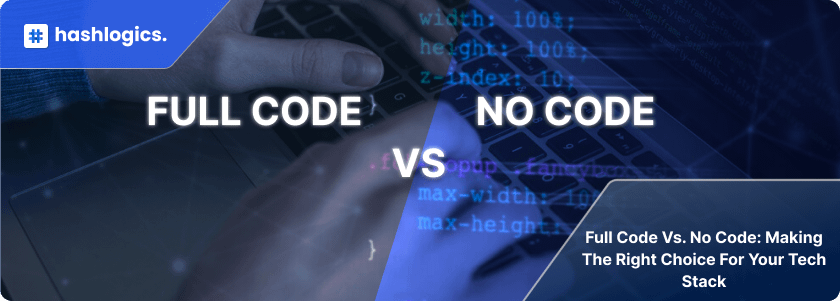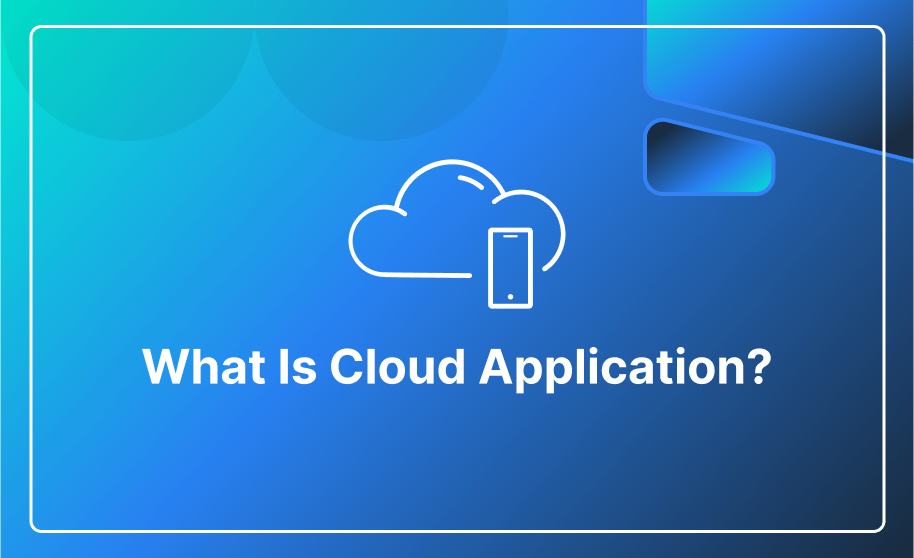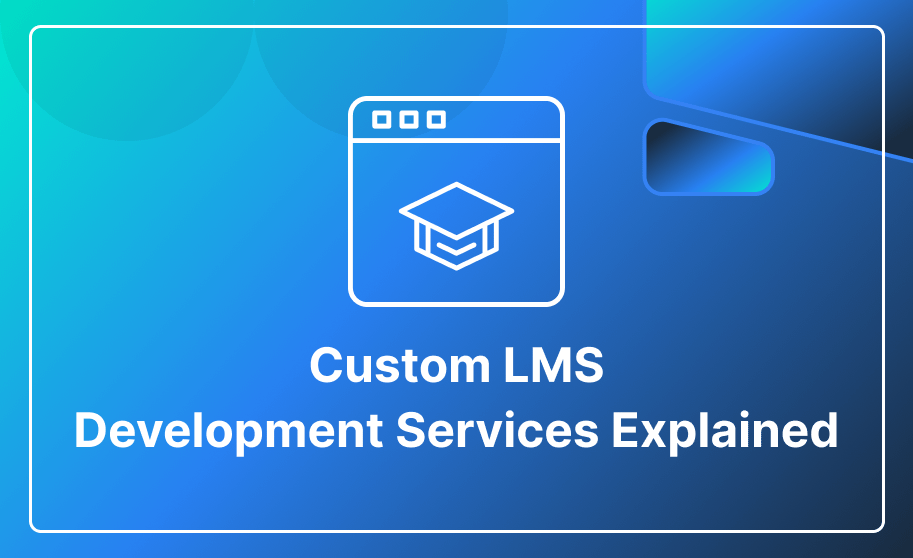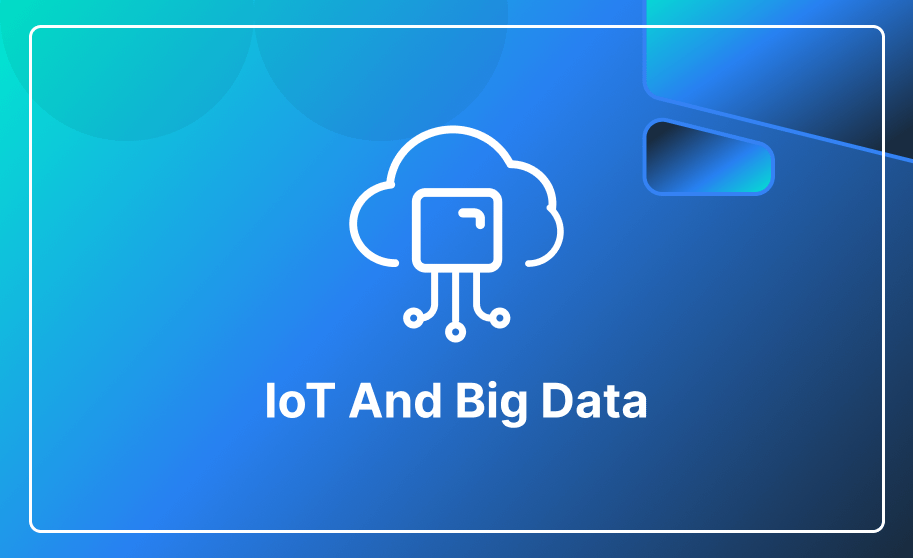In today’s digital landscape, there are two development options: Full Code and No Code.
No-code app development empowers users to learn how to create an application without code, with the potential to speed up and reduce the cost of software development. As a result, many businesses and startups are turning to no-code solutions to build customized apps from scratch.
In the following section, we are going to outline our perspective on code vs. no code.

Exploring the Contrast: Full Code versus No Code
Both Code and No Code present distinct yet equally valid approaches for app development. Each of these approaches has its own advantages and disadvantages. In the below section, we’ll discuss some significant differences between them.
An Introductory Overview of Full Code Development
Many of us have seen coders entering colorful gibberish onto a black screen, which is the typical approach to software development using traditional coding language (full code development). This method entails writing lines of instructions that direct the computer to perform various tasks using commands written in a specific syntactical structure known as programming language.
Each programming language, like Java, Python, C, and others, offers a wide variety of commands, each with its own sets of grammar rules and vocabulary. This extensive range of commands enables developers to handle any task or functionality required for their software, providing them with significant control and flexibility during the application development process.
A Quick Introduction to No Code Development
No code replaces traditional coding, as this platform allows you to build innovative software applications through a user-friendly drag-and-drop interface without writing lines of code. The outcome is the same as the traditional coding, an operational web application that users engage with without knowing its creation process. However, using an intuitive visual building interface with no code tools speeds up software development and makes it more accessible to individuals without coding expertise.
Nowadays, there are numerous no-code platforms. Some examples of popular tools for no-code app development include Bubble for full-stack app development and Airtable, designed for database management.
App Builders vs. Coding: A Comparative Overview
The app builder is a user-friendly, comfortable, and code-free approach to creating apps. It streamlines the development process with intuitive drag-and-drop interfaces. On the other hand, coding involves writing intricate instructions in a programming language. It often leads to more customized but time-consuming solutions.

When is it appropriate to opt for the traditional development method to build an application from scratch?
Custom coding takes more time to build and requires ongoing maintenance as compared to the fully hosted no-code platforms. Therefore, it is advisable to use custom code tools when no-code tools fail to meet your specific requirements. In simpler terms, traditional code should only be employed when necessary.
Common reasons for opting for traditional coding include:
- New Technology.
- Personalized Visual Interface.
- Large Scale.
- Team Expertise.
When Can You Adopt A Hybrid Building Approach?
In some situations, you’ll discover multiple ways to combine both methods, full code and no code for different aspects of your project. Some examples of the hybrid build include,
- Integrating a code-based tool with a no-code application.
- Using AI to enable a no-code tool to send requests to a code-based algorithm or service.
- Implementing single-sign-on (SSO) to allow users to navigate between different parts of the app built with code and no-code elements.
- Developing workflow automation within a no-code tool that gets activated by code-based tools within your existing software stack.
Which no-code platform offers the extensive customization option?
As a no-code development agency with a track record of creating numerous custom apps, we have chosen Bubble as our ideal solution. Bubble offers flexibility, allowing us to build a wide range of apps with minimal limitations.
At times, we recommend our clients alternative coding tools, such as Shopify for E-commerce sites, Webflow for websites without complex functionality, and Bubble for distinctive and intricate software projects. Bubble is the closest alternative to custom coding
Our blog is your guide, catering to both coding enthusiasts and those looking for simplicity of no code.
Thinking of App development? Don’t worry our professionals are here to help. Start your digital journey with us.




